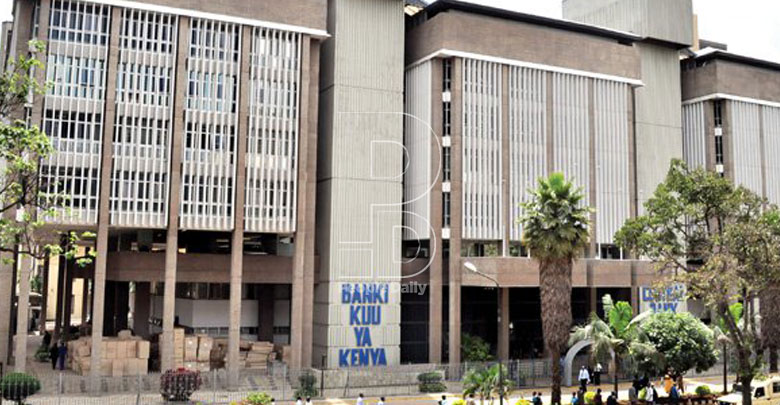Most firms not ready to rehire sacked staff

Labour shortages will continue in Kenya even as businesses continue to re-open after coronavirus lockdowns with most firms saying they are unlikely to rehire laid off staff, a report by the Central Bank of Kenya (CBK) says.
Observation of the regulator comes in the wake of most businesses forecasting imporved business environment in the next 12 months, saying employee numbers are likely to remain as per 2021 quarter two (Q2) levels.
“Majority of businesses were optimistic about higher business activity for Q3 2021 compared to Q2 2021.
Respondents reported an expected increase in all the analyzed business activity indicators except for the number of employees,” the survey said.
Last week, Central Organisation of Trade Unions (COTU-K) secretary-general Francis Atwoli told that employers rehire former worrkers failure of which they would face legal action.
Across all sectors, Covid-19 related issues and lack of sufficient financing, are the main concerns that could constrain the growth of businesses.
Internal indicators
“The business leaders indicated that improved efficiency, skills retention and improvement of product portfolio were key internal factors that could strengthen their outlook,” the report reads in part.
The chief executives are raised concerns over possibility of a fourth wave, and the resultant lockdowns and restrictions, adding that probability of new variants could further dampen investor confidence.
However, the captains of industry are optimistic that leveraging their technical capabilities, skilled workforce, strong trusted brands among others to weather the storm.
Business leaders also plan to expand into new markets, develop new products, diversify and improve efficiency of their products.
The most optimistic sectors were services such as retail, telecoms, media and manufacturing due to increased digitization of business processes.
About 37 per cent of the respondents said they do not expect a change in business prospects over the next 12 months.
Some of the leaders said it could take up to six more months before the outlook brightens out due to uncertainty over the how the fourth wave pan out.
Players in the manufacturing sector said the prices of the products had increased in the sector quarter due to new taxes, higher oil prices and increased cost of other imported raw materials.
Agriculture sector
The agriculture sector stands to be the most affected in terms of potential level of difficulty in attaining higher demand and sales going forward followed by manufacturing with services sector experiencing the least difficulties.
Main external issues presenting turnaround challenges include the business environment, Covid-19, business financing, taxation, economic environment, regulatory environment, consumer demand, political environment among others.
The internal challenges include efficiency, skills retention, strengthen of product portfolio, revenue diversification.
The survey provides valuable input to the Monetary Policy Committee (MPC) at its meetings and sought CEOs views on selected indicators including business confidence/optimism, previous quarter business activity, and outlook for business activity in the near term. AAR Insurance taps Safaricom in Cloud migration













